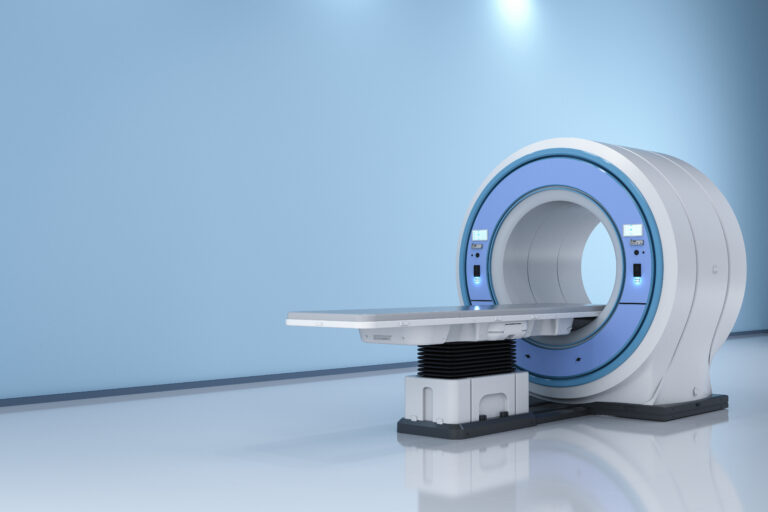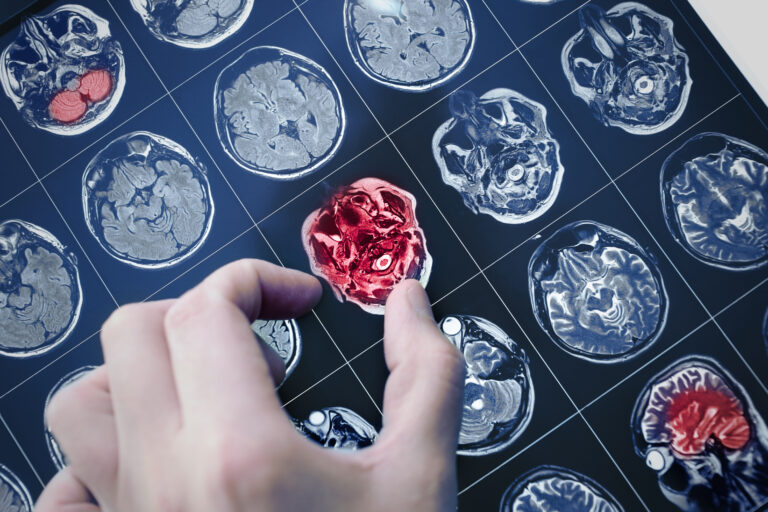Transcranial Magnetic Stimulation (TMS) has been explored as a potential therapeutic tool for various neurological conditions, including Alzheimer’s disease. The safety and efficacy of TMS in treating Alzheimer’s disease are subjects of ongoing research, with studies indicating both promise and limitations.
Alzheimer’s disease is a progressive neurological disorder characterized by cognitive decline and memory loss. Traditional treatments focus on managing symptoms rather than reversing the disease progression. TMS, particularly repetitive TMS (rTMS), has shown potential in alleviating cognitive symptoms in Alzheimer’s and mild cognitive impairment (MCI) by enhancing brain activity and possibly improving cognitive function[1].
One form of rTMS, known as intermittent theta-burst stimulation (iTBS), has been studied for its effects on cognitive function in individuals with amnestic MCI or very mild Alzheimer’s disease. A double-blind, randomized, sham-controlled trial involving iTBS found significant cognitive improvements at week six, suggesting delayed cognitive enhancement. However, no immediate changes in cognition or glymphatic system activity were observed, and the impact on the glymphatic system remains uncertain[1].
The glymphatic system plays a crucial role in clearing waste from the brain, including amyloid deposits associated with Alzheimer’s disease. While animal studies suggest that rTMS may enhance glymphatic efficiency and reduce amyloid deposits, its effects on human glymphatic activity are still unclear[1]. This highlights the need for further research to fully understand the mechanisms by which TMS might influence Alzheimer’s disease progression.
Safety is a critical consideration when evaluating TMS for Alzheimer’s disease. Studies have generally reported that TMS is well-tolerated, with few adverse effects. For instance, a pilot randomized trial assessing high- and low-frequency rTMS for post-stroke depression found both protocols to be safe and effective in reducing depressive symptoms[2]. Similarly, iTBS trials have not reported significant adverse events, indicating that TMS can be safely administered to individuals with cognitive impairments[1].
Despite its safety profile, TMS is not without risks. Common side effects include mild headache, scalp discomfort, and muscle twitching. Seizure risk is also a concern, although it is extremely rare. Therefore, TMS should only be administered by trained professionals in a controlled environment[2].
The application of TMS in Alzheimer’s disease is part of a broader trend towards non-invasive brain stimulation techniques. These methods aim to modulate brain activity without the need for surgical intervention, offering potential benefits for patients with neurological disorders. High-frequency TMS targeting the precuneus, for example, has been shown to enhance brain network connectivity, which could be beneficial for cognitive impairments[5].
In addition to TMS, other non-invasive brain stimulation techniques, such as transcranial direct current stimulation (tDCS), are being explored for their potential in treating cognitive decline. These methods may offer complementary or alternative approaches to managing Alzheimer’s disease symptoms[6].
Overall, while TMS shows promise as a therapeutic tool for Alzheimer’s disease, its long-term efficacy and impact on disease progression require further investigation. As research continues to uncover the potential benefits and limitations of TMS, it is essential to consult authoritative sources and healthcare professionals for the most accurate and up-to-date information.
References:
[1] Effects of intermittent theta-burst stimulation on cognition and glymphatic system activity in amnestic mild cognitive impairment and very mild Alzheimer’s disease.
[2] Pilot randomized trial of high- and low-frequency repetitive transcranial magnetic stimulation for post-stroke depression.
[3] Dual transcranial electromagnetic stimulation of the precuneus for memory enhancement.
[4] Study on the Effect of Online Cognitive Training Doses on Cognitive Function in Individuals With Mild Cognitive Decline.
[5] Current application status of non-invasive brain stimulation techniques in Alzheimer’s disease.
[6] Spaced Transcranial Direct Current Stimulation for Treatment of Cognitive Impairment.





